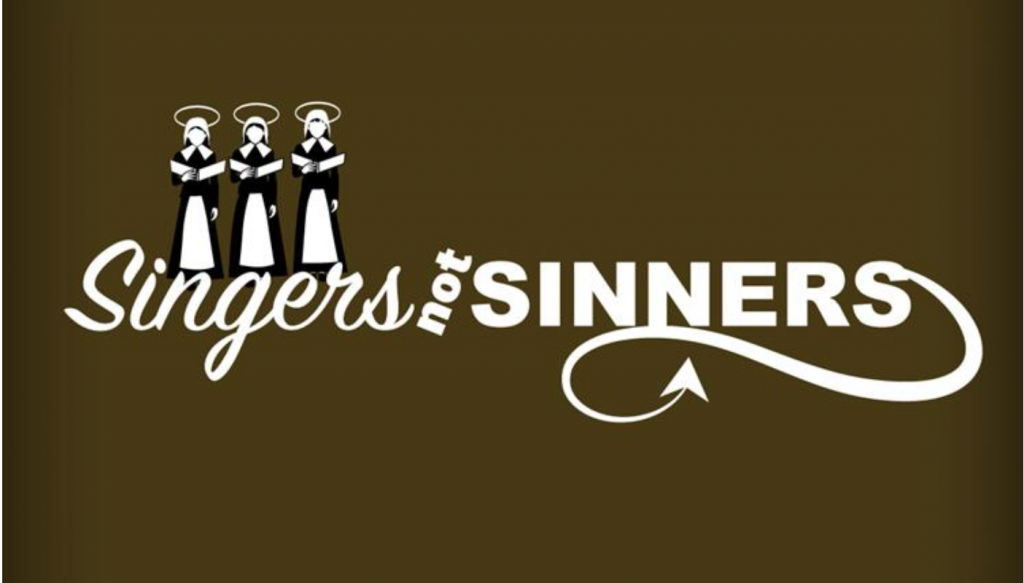Plays


This is my first play, co-written with a friend. It was inspired by a lecture given at the Saddleworth Historical Society by Victor Khadem. In this lecture I learned that 300 years ago a list of people belonging to the choir of a local parish church was drawn up, and besides 36 men it included three women.
This historic event happened in Oldham, Lancashire, at the parish church of St Mary’s. So far as we know, the three women were the first women ever to be allowed to sing in a church choir in England, or, indeed, anywhere else in the world.
This struck me as being an extraordinary story, and one that should be more widely known. The decision of Elias Hall, the Oldham choirmaster to include women in his choir, would have been extremely controversial. In recent history, England had been torn apart by Civil War. This was followed by Oliver Cromwell’s Protectorate, during which the Church of England was reformed along Presbyterian lines. Many Puritans held powerful positions in government and the Church. Oldham, in particular, was a Puritan stronghold.
Most Puritans condemned the use of any music in religious worship, and regarded the presence of women in a choir as sacrilegious. Even today, the inclusion of women in the greatest cathedral choirs remains a matter of dispute. So essentially, Singers not Sinners, is about how Oldham’s history changed the world.
I could have written a novel about this momentous event, but because there is something inherently dramatic and performative about choirs and singing, I approached my friend, Carol Davies, who is an experienced dramatist, to help me turn the story into a play. The result is Singers Not Sinners, directed by Carol, and performed at Millgate Arts Centre, Delph, from 4-11 June, 2022